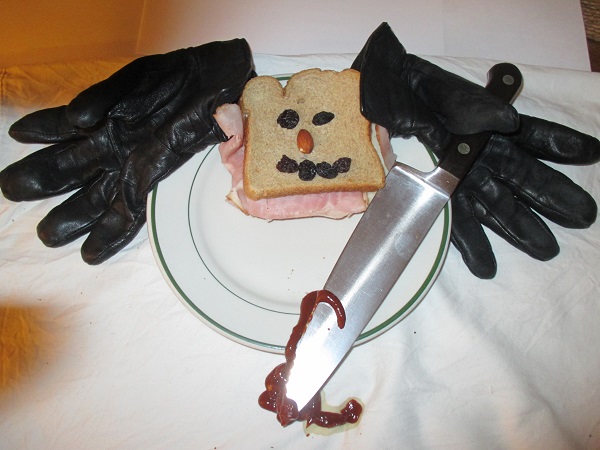HYANNIS – Say I’m a ham sandwich, just minding my own business. And after an unfortunate series of events, it comes to appear to almost everyone that I have just committed a murder. But I didn’t do it. So what happens next.
Well, the district attorney looks at the evidence and decides whether I did it. If he thinks I committed the murder, then he puts the matter before a grand jury and presents the case against me.
The policeman testifies, all my enemies testify and even my childhood friend who has since turned against me testifies before the grand jury. The grand jury sees only one side of the case. Neither I nor my attorney gets to be in the courtroom.
The grand jury hands down an indictment and then I am on the fast track—actually slow track because the court system is painfully slow—to San Quentin or another similar facility, via a jury trial in which 12 of my peers will most likely find me guilty based on the prowess of the prosecutor and the tendency of a jury to believe what a prosecutor says.
But what if instead of being a miserable ham sandwich, I am perhaps a cucumber sandwich of distinguished pedigree or maybe a famous person sandwich like a turkey BLT club or even a law enforcement sandwich, like a roast beef hero?
And suppose the DA looks at the evidence and believes in his heart of hearts that I am not guilty or that there is ample evidence on both sides of the question. Then the district attorney turns to an “investigatory” grand jury process.
The district attorney has sole discretion in deciding which process to use.
The investigatory grand jury is a much longer process than the regular grand jury—taking, sometimes, many months. The grand jury is empaneled and hears a number of cases, but in a process that is different from a regular grand jury, they hear what is essentially the entire case. There are witnesses on both sides and evidence on both sides. And the witnesses who said I, the ham sandwich, did it are cross-examined aggressively to prove they were lying. And, low and behold, the grand jury can hand down what is called a “no bill.” That means I walk away, clear and free—no trial, no worries. And I go back to my life as a sandwich.






























